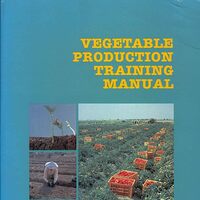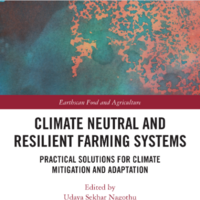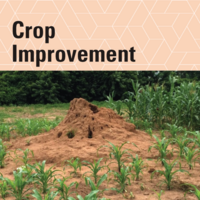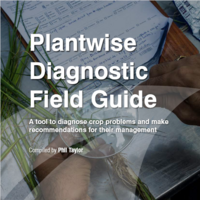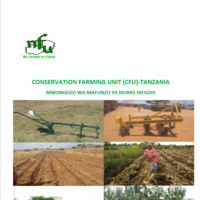Search
Books+
Searching 1,730 books
Search related to the career Agricultural Engineer
Agricultural Engineering is a branch of engineering that applies scientific and technological principles to solve problems related to agriculture and farming practices. It involves the design, development, and improvement of machinery, equipment, structures, and systems used in agriculture and food production.
Overview:
Agricultural engineering combines knowledge from various disciplines such as mechanical, civil, electrical, and chemical engineering, as well as biology and agriculture. The primary goal is to enhance agricultural productivity, efficiency, and sustainability while minimizing environmental impact.
Areas of Focus:
1. Farm Machinery and Equipment: Agricultural engineers design and develop machinery and equipment used in farming operations, such as tractors, harvesters, irrigation systems, and automated control systems. They aim to improve efficiency, reduce labor requirements, and optimize resource utilization.
2. Structures and Environment: Agricultural engineers design and construct various structures used in agriculture, including barns, greenhouses, storage facilities, and irrigation infrastructure. They also work on environmental control systems to regulate temperature, humidity, and ventilation for optimal crop growth.
3. Soil and Water Management: Agricultural engineers develop techniques to manage soil erosion, improve soil fertility, and conserve water resources. They design irrigation systems, drainage systems, and erosion control measures to ensure sustainable agricultural practices.
4. Food Processing and Storage: Agricultural engineers contribute to the design and optimization of food processing equipment and techniques. They focus on improving food quality, safety, and storage methods to minimize post-harvest losses and maintain product integrity.
5. Bioenergy and Renewable Resources: Agricultural engineers explore sustainable energy solutions by developing technologies for bioenergy production from agricultural waste and renewable resources. They work on biofuel production, biomass conversion, and energy-efficient practices in agriculture.
Career Opportunities:
Graduates in agricultural engineering can pursue various career paths, including:
- Agricultural machinery design and manufacturing
- Farm management and consulting
- Irrigation and water resource management
- Environmental engineering in agriculture
- Food processing and technology
- Research and development in agricultural innovations
- Government agencies and regulatory bodies related to agriculture and food production
In summary, agricultural engineering plays a crucial role in advancing agricultural practices, improving productivity, and ensuring sustainable food production for a growing global population.
Source: Various AI tools
Engineering
Books tagged engineering
Agriculture
Books tagged agriculture
Animal husbandry
Books tagged animal husbandry
Searched in English.

